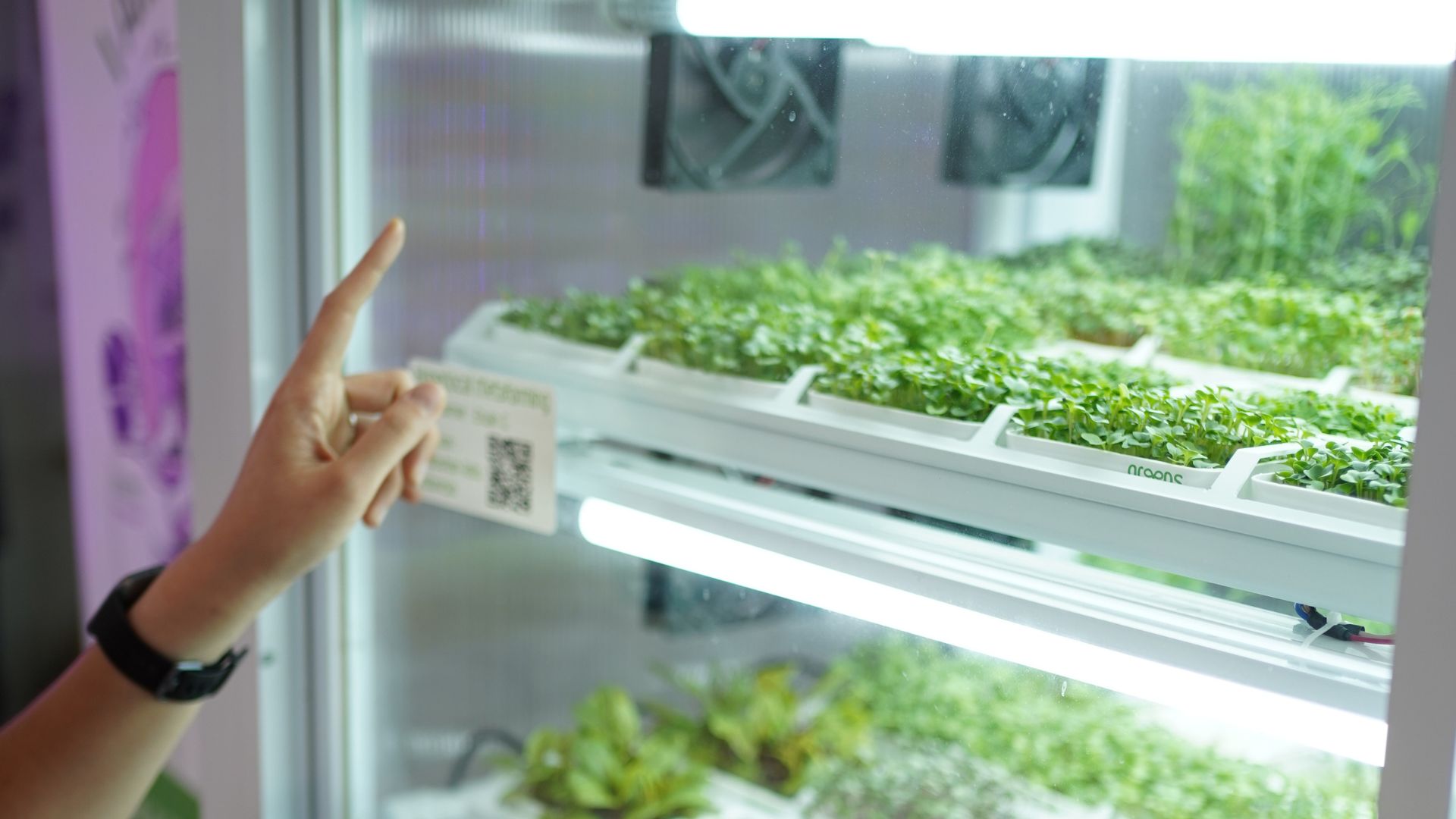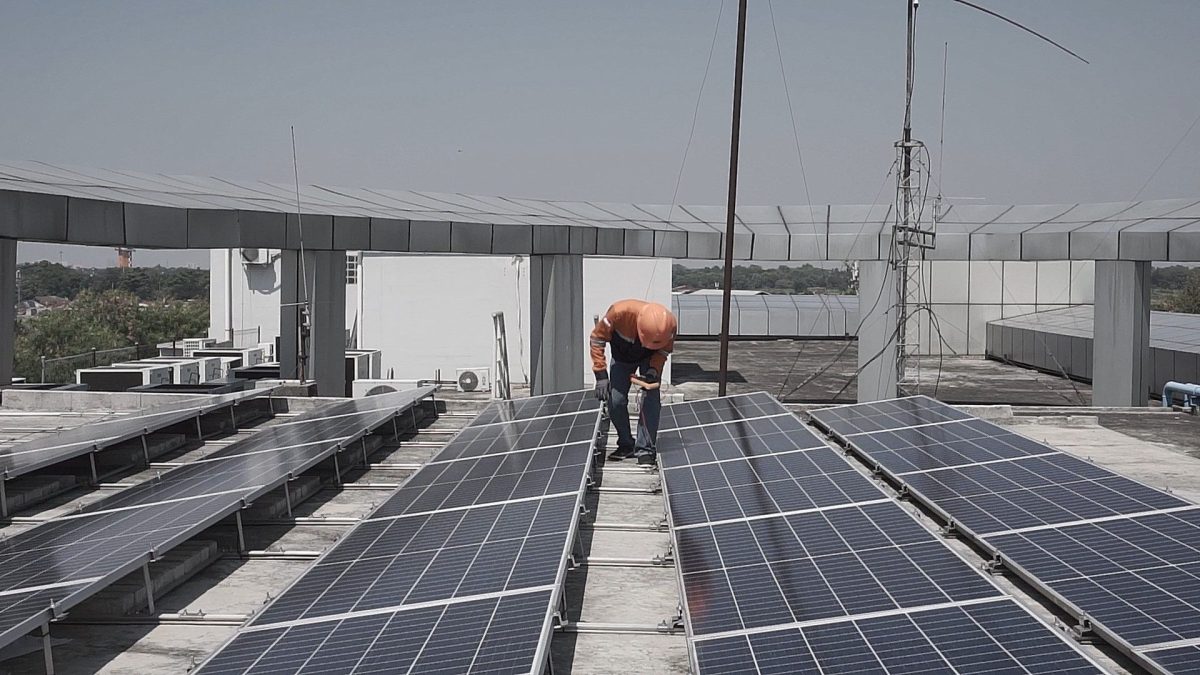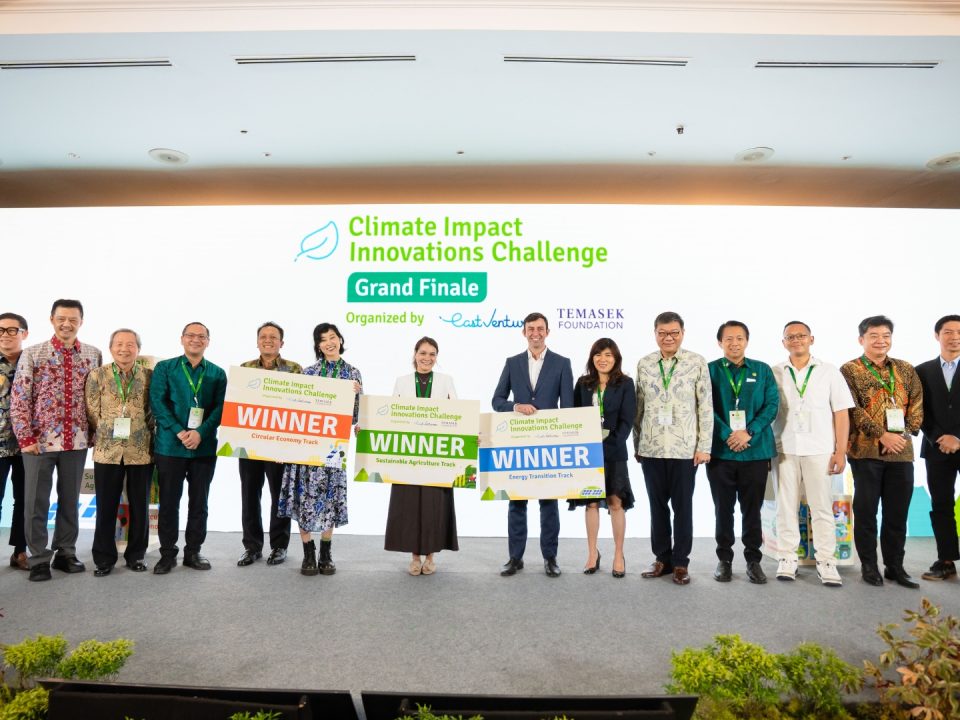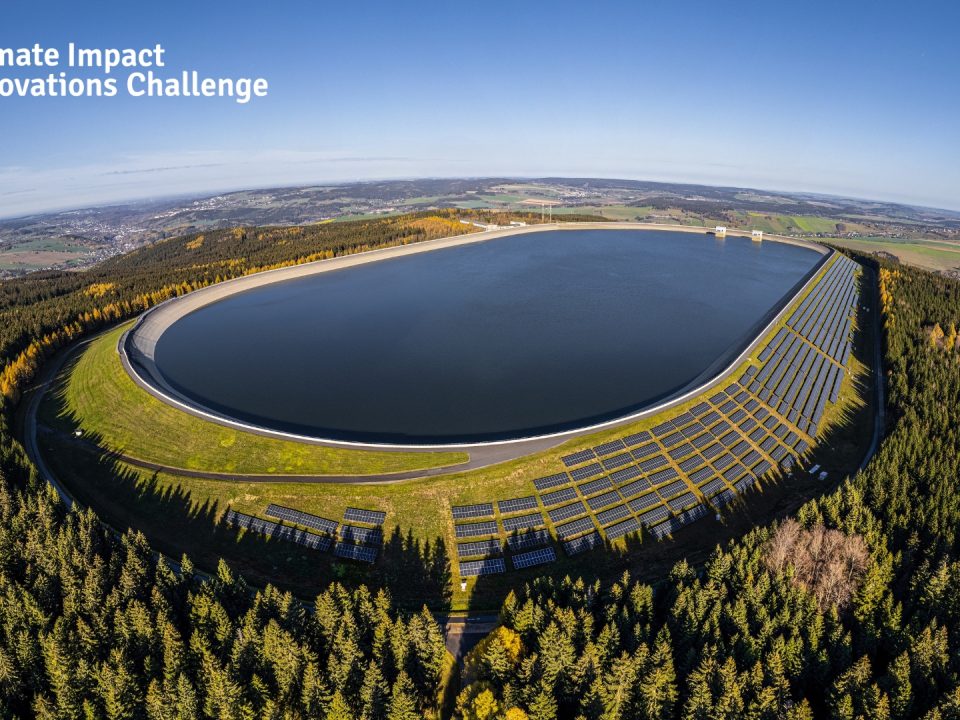
Setting sail for blue economy: Opportunities and challenges in building a maritime startup
March 30, 2023
Creating future farming with technology for the food resilience
April 27, 2023Urgent energy needs in Southeast Asia: Renewable startups to the rescue
Accelerating renewable energy is urgent for Southeast Asia countries as energy demands continue to increase. Most countries’ leaders have committed to achieving net-zero by 2050 to keep the global temperature increase below 2°C.
However, as the world’s fourth-largest energy consumer, Southeast Asia’s energy generation still mostly comes from fossil fuels, and the energy demand is expected to increase yearly. According to the International Energy Agency (IEA) report in 2022, the region’s energy demand has increased on average by around 3% a year over the past two decades and will continue until 2030.
As Southeast Asia continues to increase its use of green energy, with renewables accounting for 14% of the region’s energy resources in 2020, there is a growing awareness, urgency, and demand for sustainable energy generation. The region aims to reach 23% renewable energy in the energy mix by 2025, which presents a huge potential market for startups and innovators to provide renewable energy solutions and meet the rising demand.
How can entrepreneurs and startups play a part in this sector? Xurya is a startup that enables businesses to reduce their carbon footprint through solar panel installation, and their story serves as a great example for renewable energy startups looking to answer the question.
The beginning of Xurya
Xurya was co-founded by Eka Himawan, Philip Effendy, and Edwin Widjonarko in 2018. Eka and Edwin had been close friends since middle school, and both had an engineering background.
After Edwin left school, he pursued a PhD program while Eka worked in the hedge fund industry. During that time, Eka became interested in investing in renewable energy, particularly in the solar sector.
Despite the increasing investment in this field, solar power was still quite expensive in 2007. However, both Eka and Edwin continued to work in the energy sector in different ways. Edwin focused on research in solar power, while Eka gained experience funding power plants through his work at Barclays. After building Bilna and working in the world of startups and nutrition, they eventually returned to their shared passion for renewable energy.
By 2016, they felt that the cost of solar power had decreased enough to create Xurya. That was when both of them met Philip who was at the time in East Ventures, and he also shared the same passion for solar.
Xurya’s unique approach to carbon reduction
Xurya focuses on helping companies to reduce their emissions by deploying solar panels on the rooftops of commercial and industrial (C&I) buildings, such as factories, cold storages, hotels, and shopping centers, which typically consume more electricity than residential homes and have a larger carbon footprint.
Yet, Xurya recognized that its clients’ primary obstacles in transitioning to renewable energy are cost and distrust. By assuming responsibility for the secure installation and upkeep of panels, Xurya empowers clients to adopt renewable energy without incurring any initial expenses.
Read the full insights at East Ventures.





